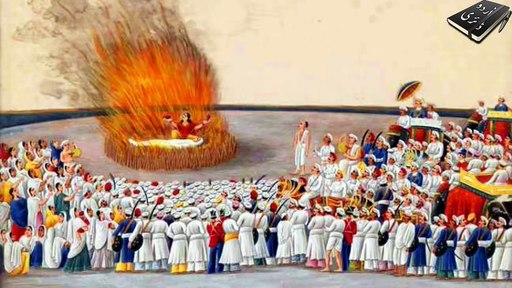On gods and humans - Rosemary Hill in LRB:
“While the idea of being godlike may be attractive, being an actual god is less so. One is at the mercy of one’s worshippers, who tend to be demanding, dictatorial and impossible to shake off. Anna Della Subin’s Accidental Gods is a philosophical and historical exploration of the phenomenon from Jesus Christ to Prince Philip and Narendra Modi, written with a poise and lucidity that allow full play to the comic aspects of her subject, while considering the frequently disastrous consequences.”
(…)
“Subin’s is a scholarly, footnoted work and she tells this story straight, allowing it to open up her broader themes: imperialism, the invention of ‘religion’ as a distinct phenomenon separable from culture or politics, the amorphous nature of belief. Deification holds a mirror up to all of these. It was around 1977 that Prince Philip became aware that he was a god. It had happened three years earlier when the Britannia moored off the coast of Aneityum (in what is now Vanuatu). Jack Naiva, one of the chiefs of Tanna, a neighbouring island, rowed out to the royal yacht. As soon as he saw Philip he realised that he was witnessing the fulfilment of a local prophecy: ‘I saw him standing on the deck in his white uniform,’ he recalled. ‘I knew then that he was the true messiah.’ This was all very awkward. The British Empire in a late phase of managed decline had no desire to extend its authority into the supernatural, to add to which Tanna was governed jointly by Britain and France in an uneasy condominium. In the event, Philip, known for what his friends called ‘gaffes’ and other people considered casually racist remarks, handled the situation with delicacy and respect for all concerned. The gift of a nalnal, or traditional pig-killing stick, was reciprocated with a photograph of Philip in a smart suit in the grounds of Buckingham Palace holding the stick in what he had been advised by anthropologists was the correct manner. In 2007 he received a delegation from Tanna at Windsor Castle. But his ‘accidental coup’ was not without the difficulties that accompany deification. The French were furious, accusing the British of exploiting the situation for political ends and pointing out, perhaps with a hint of pique, that ‘the French do not seem to get implicated in similar situations.’”
(…)
“In India, the Hindu practice of sati, the self-immolation of widows on their husbands’ pyres, was appalling to the British, but there was resistance to interference with religious practices. Müller, like some Hindus, argued that sati wasn’t a true religious obligation, so might be censured. After interventions in different states, Victoria banned it throughout India in 1861. Not long afterwards she became a goddess in Orissa, an event which she seems to have taken in her stride.
It was the scientific reification of religion, taken to its extreme, Subin argues, that led to the catastrophe of partition in 1947. It divided the population of India into Muslims, Hindus and Sikhs as ‘impermeable entities’, quite alien to the experience of Indians themselves, unleashing the ‘violence and chaos’ that cost two million lives.”
Read the article here.
That gods are at the mercy of their worshippers is a frequently forgotten insight. It’s not a pleasure to be a god, indeed.
But if you, at one point in your life, become aware that you are a god, please keep a diary.
And the scientific reification of religion was part of the Enlightenment, as is that branch of atheism that wants to save the souls of the believers.
The art of life may boil down to this: how to become a god without worshippers, a lonely god that is.
